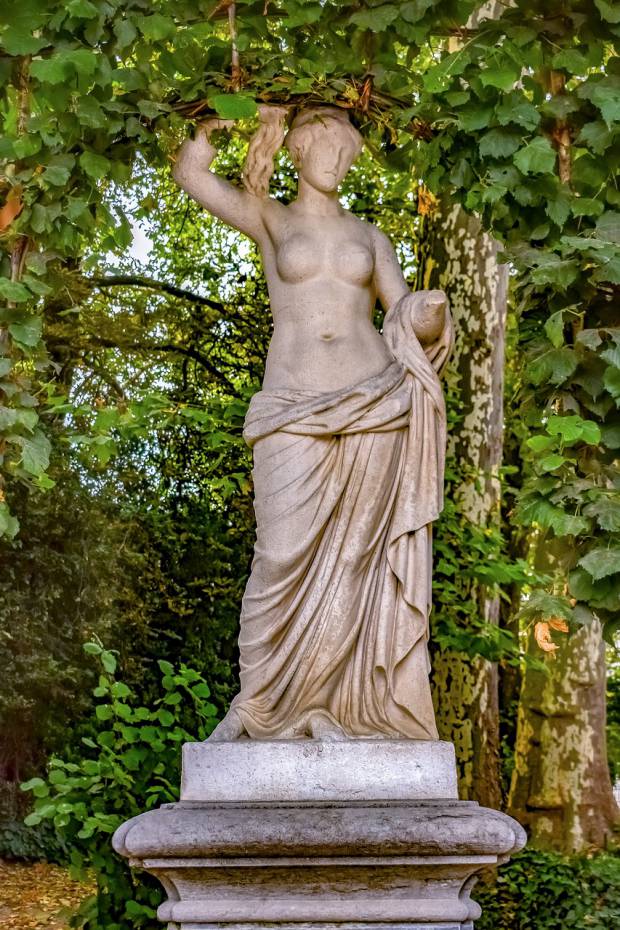In the Vana Grimoire series, we share tips and background information on pagan festivals, recipes, mythologies, history and other worth knowing subjects that are related to our events. In this blog we will dive into the pagan festival Imbolc.
Is Valentine's Day connected to paganism?
Valentine's Day is known as a Christian holiday. Just as other Christian holidays, it has many similarities with pagan festivities.
To celebrate fertility, the Romans celebrated a festival for Juno, Queen of the Roman gods and goddesses. On the morning of the fourteenth of February, women would submit their names to a vase or bush. Men would draw one out. The man and his picked woman would be a couple during the festival. This 'love lottery' is compared to modern Valentine's cards.
It was a sensual festival to satisfy the gods and goddesses so they would grant the people fertility. Over time, the festivities became chaste and nudeness and sensuality were reduced. This probably had to do with Christianity spreading across the Roman Empire.
One day later, on February fifteen, the Romans celebrated Lupercalia. This time they honoured Faunus, the god of fertility. Men would go to the grotto of Lupercus, the wolf-god. They would sacrifice a goat and make small whips from its skin.
Just like with the Celtic festival Imbolc, they would run around with the whips and everyone who was hit would have more luck and increased fertility. Lupercalia also served as a way to cleanse oneself after the festivities of the day before.
Another Pagan holiday that took place around the fourteenth of February is Galenalia. The festival was dedicated to the Roman goddess of wisdom, Minerva. Even though Minerva is a Roman goddess, the festival was mostly celebrated among Celts. Galenalia is all about Minerva's moral belief that being single is better than staying with a useless guy. During this festival, women would leave their homes for weeks at a time and search for spiritual renewal after old relationships died. Some Celtic traditions placed flowers on the graves of former lovers. The festival was dedicated to endings of relationships instead of starting new ones.

Around the year 400 after death, the Christian pope Gelasius I searched for a way to dedicate a day to Saint Valentine. He decided to use the traditions of Galenalia for his new holiday: Valentine's Day.
After this conversion of festivals, it became heresy to break off a relationship and slowly Valentine's Day became a holiday to celebrate love. The pope used the love lottery of the Romans to make his own version. In the new version, men would draw the name of a Christian saint and would live a year expressing that saints beliefs.

A pagan Valentine's gift?
Do you want to celebrate Valentine's Day, but give it a pagan twist? There are multiple crystals, incense and plants related to love and fertility.
- A letter - You can write your own letter with a sigil boosting a relationship of friendship
- A gemstone - Rose quartz is the stone of love. Moonstone and pink tourmaline are great stones to have around at Valentine's Day as well.
- A treat - If you want to treat your (soon-to-be) lover something more nutritious than chocolate, make sure to serve up a dish with strawberries, cinnamon, apple or tomato.
- E bouquet of flowers - Fill the bouquet with roses, forget-me-nots, daffodils and lavender
By Dewi van Zeggelaar



